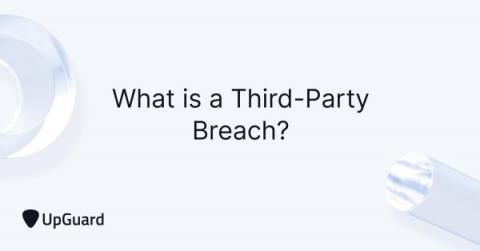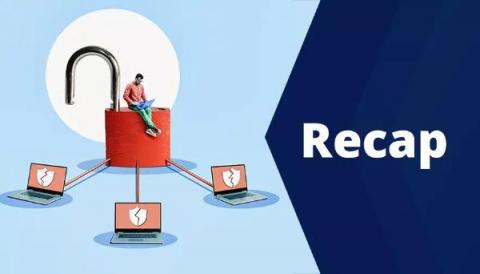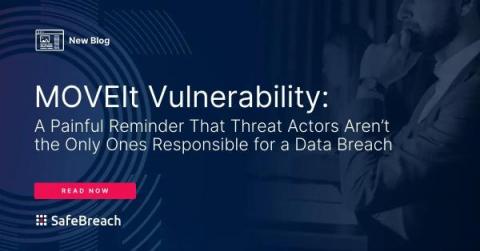California State Retirees Hit by Data Breach: More than 770,000 Impacted
Both CalPERS and CalSTRS are agencies that manage retirement funds and health benefits for retired California teachers, government employees, and more types of public service employees. These organizations handle a huge amount of personal and financial data for teachers and other individuals, and they even handle pensions for them. That's why it's so upsetting to learn that both CalPERS and CalSTRS were impacted by a recent data breach.








